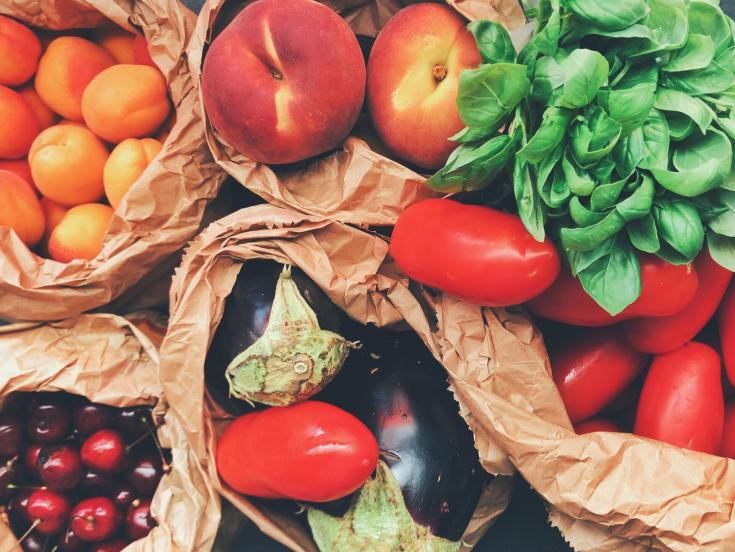Reducing food waste and food poverty: the mission of a social enterprise

Today, 25 million people world-wide are going home hungry whilst at the same time enormous amounts of food are being discarded. In the European Union (EU) alone, up to 30% of food production is not consumed and 88 million tons of food are wasted every year: a staggering 173 kg by each European citizen.
Yet, avoiding food waste does not only address food poverty. It would also help saving money that is invested in food production or in collecting, treating and recycling food waste. Moreover, food waste also impacts our climate as illustrated by the UK campaign Love Food, Hate Waste: 'If global food waste were a country, it would be the third largest emitter of greenhouse gases after China and the US.'
Given the detrimental impact of wasting food, it is clear that it needs to be stopped and that actions are needed at all levels. The UN Sustainable Development Goals, and the EU’s Circular Economy Package try to achieve just this. The EU has committed to solving this problem and to putting its food system onto a sustainable path. Frans Timmermans, First Vice-President of the European Commission points out: 'Food waste is unacceptable in a world where millions still suffer from hunger and where our natural resources, which make human life and wellbeing possible, are becoming increasingly scarce. That is why we have defined food waste prevention as a key priority in building a circular economy and a sustainable society.'
In line with these priorities, the Interreg Europe programme supports several projects that are tackling the food waste issue and that are identifying interesting good practices throughout Europe. The ECOWASTE4FOOD project has recently highlighted the ‘Food in Community’ initiative in the English market town Totnes in Devon. The social enterprise is focusing both on re-purposing food that would have been discarded and on tackling food poverty through more social interaction in a local community.
The initiative has been created four years ago. Today, it is financially sustainable as a volunteer-led social enterprise with 20 regular and 30 more occasional volunteers. ‘Food in Community’ is distributing unwanted or surplus fresh vegetables, fruits and crops through activities such as charity boxes, public events and ‘Pay What You Feel’ lunch cafés to vulnerable groups and families, charities, food banks, schools and the general public. As a result of these activities 50 tonnes of fresh vegetables and fruit that would otherwise have been discarded are rescued annually and repurposed for human consumption. In addition, cookery workshops are offered to help reducing food waste by providing end users with recipe ideas and techniques for using commonly wasted food items.
Sparking from this experience, the Devon County Council, partner in ECOWASTE4FOOD, intends to run a comprehensive Devon-wide Citizen Food Waste Prevention (CFWP) programme, by mobilising the funds available in the England Operational Programme 2014-2020.
This practice demonstrates the environmental and social benefits of creating and sustaining a culture of reduction of food waste and food donation. It could be useful for cities willing to step up efforts in mobilising a wide group of stakeholders to work together in this direction. The initiative is also a positive example of how to raise consumer awareness on food waste by providing practical tips on how to prevent food loss. Finally, the business model is interesting as in a fairly small geographical area (population 85,000) it allows to create stronger relationships with suppliers, customers and volunteers.